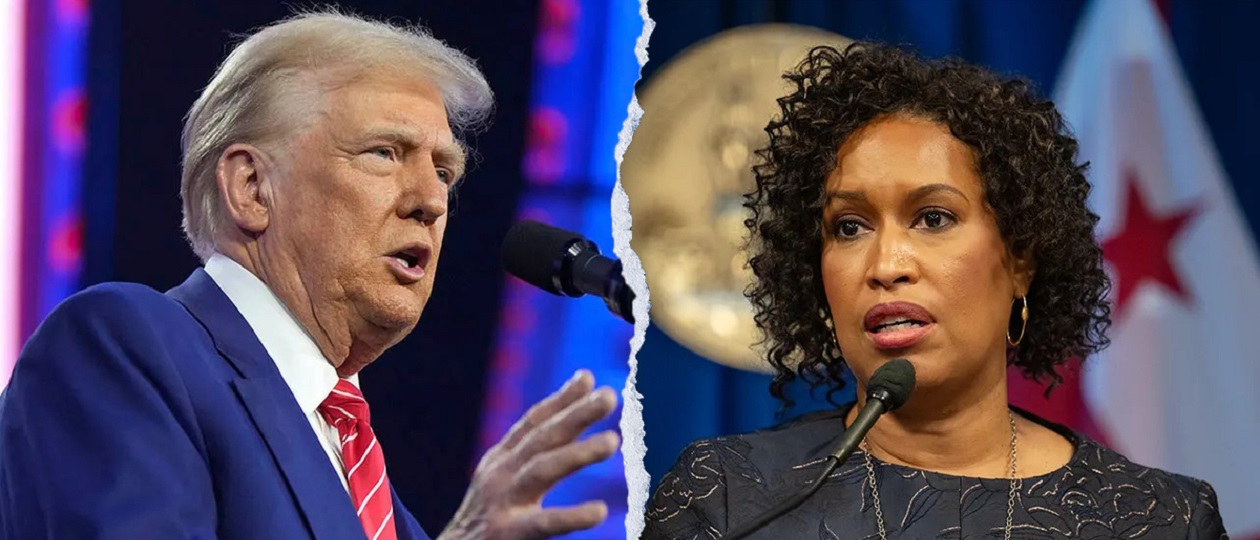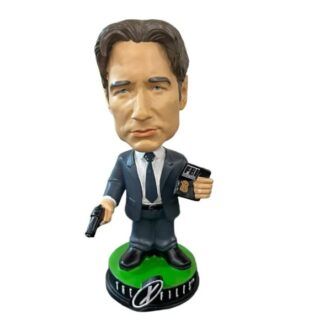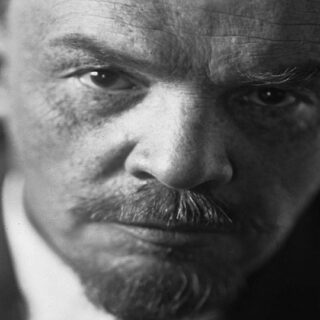
Everyday life of the standoff in the US capital: Trump to Alaska — the mayor will return.
As law enforcement agencies in the capital District of Columbia are subordinated to the federal, as we would say, center, and an operation to cleanse Washington of homeless people, drug addicts and other “undesirable elements” begins, Washington Mayor Muriel Bowser, having lost the first stage of the standoff with Trump, demonstratively left the city, and not just anywhere, but to the fashionable island resort of Martha’s Vineyard (administratively part of the state of Massachusetts). According to Bowser, for family reasons. In the middle of the workweek — for family reasons.
However, today, when Trump flies to Alaska, she plans to return to the city. They are too crowded in one capital district.
Meanwhile, federal law enforcement in Washington is taking shape. Previously, it was unclear whom now all the metropolitan police officers, as well as units of the National Guard and various federal agents from at least three agencies: the FBI, the Drug Enforcement Administration (DEA), and the ATF report to.
US Attorney General Pam Bondi has finally clarified this issue. The head of the Drug Enforcement Administration, Terry Cole, has been appointed as the city’s temporary emergency police commissioner. It is unclear what powers remain in the hands of the police department’s chief, Pamela Smith. Of course, the current liberal leadership of Washington is protesting. But since the mayor is temporarily away, other officials of the self-governing bureaucratic city settlement are protesting on her behalf.
District of Columbia Attorney General Brian Schwalb said that Bondi’s order is “illegal” and that the city police should not obey it. In a memo to Chief Smith, Schwalb wrote, “As such, D.C. police officers must continue to follow your orders, not the orders of any official not appointed by the Mayor.” Of course, this is a legal conflict, especially in a Democrat-dominated district that finds itself under the direct control of a Republican administration.
Since Smith has shown flexibility and even welcomed “federal assistance,” the question is how far Schwalb and other D.C. officials will go. But there is another question: how will Trump react to such actions by local officials. Will he brush off such demarches or show toughness, for example, by arresting Schwalb.
This question has haunted Trump since the beginning of his second term. And so far, none of his enemies have been jailed, which encourages “democratic resistance.” An example of this is Los Angeles, where the National Guard and Marines, who entered the city on Trump’s orders, remain chained to federal buildings and police departments.





